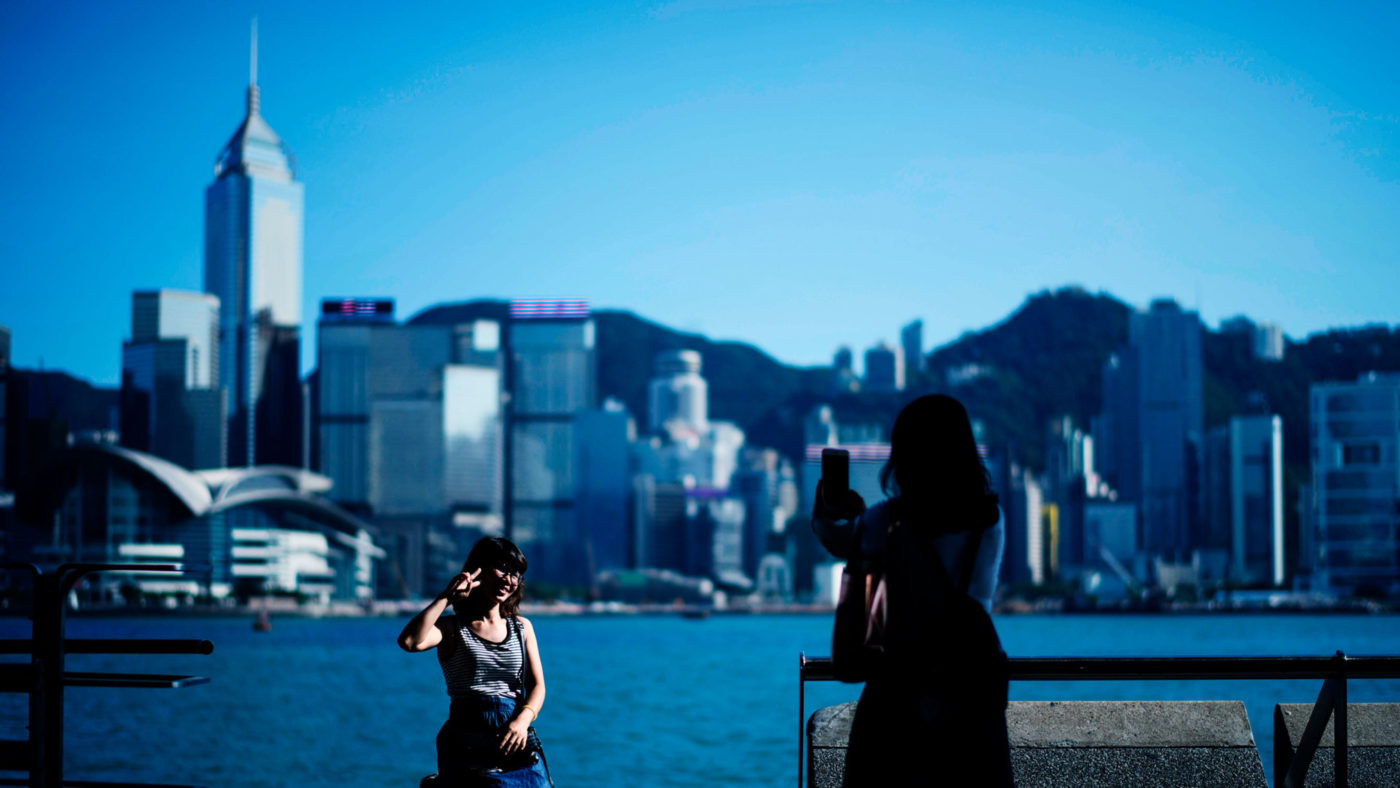One of the great injustices of our age is, as The Guardian reported this week, that 20 per cent of the people in Hong Kong, one of the richest places on the planet, live in poverty. All is not quite as it seems though. The actual correct statement is that as well as being one of the richest places on the planet, Hong Kong is also one of the more unequal rich places. That isn’t quite so serious.
Still, that didn’t stop The Guardian waxing indignant over things it doesn’t understand. Take, for example, this particularly choice line: “The number of poor rose despite the government raising the poverty line last year.” Well, that is hardly a surprise. Last year, everyone we defined poor as those living on under £250 per week. This year, everyone on under £500 is poor (made up numbers, obviously). What do you expect that change in definition to do to the number of poor people? Increase it would seem to be the obvious answer, wouldn’t it?
But giggles aside there’s an important underlying point: inequality – not poverty – is being measured here. The international definition of poverty is less than $1.90 a day. There’s no one in Hong Kong on this at all, therefore there’s no poverty. There are, however, people in Hong Kong who have much less than others. And it’s entirely true that Hong Kong is more unequal than most of the developed world. But it’s still not true that relative poverty and poverty are the same thing.
For example, we’re told that the poverty line in Hong Kong is HK $4,000 per month (roughly £380) for an individual which certainly doesn’t seem like much. Yet when we plug that into a comparison of global incomes we find that, accounting for price differences across geography, it’s firmly in the top fifth of all global incomes. In other words, the poorest 20 per cent in Hong Kong are still find themselves in the richest 20 per cent of all humans.
Which leads us to the important underlying point. That Guardian story quotes a spokesman for the Society for Community Organisation, an NGO that works with the poor, who says “economic growth can not help the lower classes share in the economic achievements.” As Hong Kong so vividly demonstrates, the opposite is true. An economy in which the poverty line is defined as being rather rich by global standards must have something going for it.
According to the World Bank’s figures, back in 1960 Hong Kong was at around the average level of income for the planet, with GDP per capita at a little over $400 (in 1960 dollars). Today the figure is slightly over $40,000 per head while the global average has only struggled up to $10,000 or so. An over performance by a factor of four isn’t that bad over half a century, is it? And it’s also something that has a substantial effect upon the incomes of those relatively poor as we can see above.
In other words, economic growth is exactly the thing which gives the poorest a share of economic achievement. For if we make the economy itself rich then everyone in that economy will also become, by global standards, rich.
It’s worth pointing out that Hong Kong’s government only started publishing “poverty” (for which, of course, read inequality) numbers in 2009. Sir John Cowperthwaite, the British civil servant sent to run the place after the Second World War, arrived to find a place doing quite well without his interference. So the rest of his long career there was spent doing only the things which government absolutely must do and almost nothing else. This, according to quite a lot of people (including Milton Friedman), was the basis of that economic outperformance.
One of the things Sir John insisted upon was that economic statistics were best left uncollected. He even refused to have GDP figures compiled. His theory was that collecting them would mean some damn fool would try to do something with them. A piece of wisdom that could be applied to poverty figures perhaps.
And if not, could we all at least recognise them for what they are, a measure of inequality, not poverty itself?


